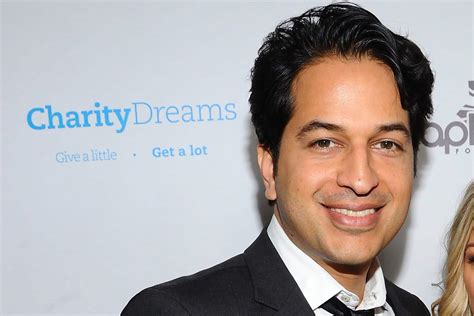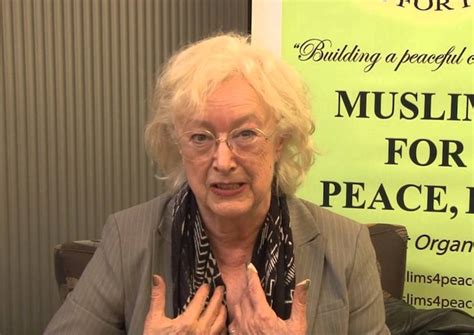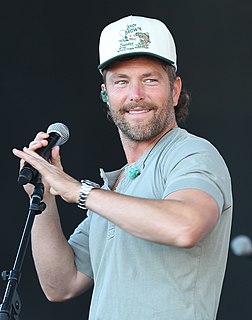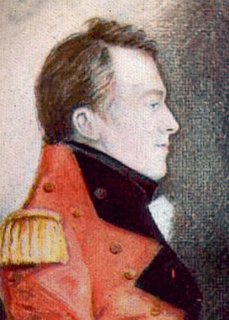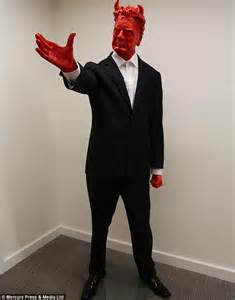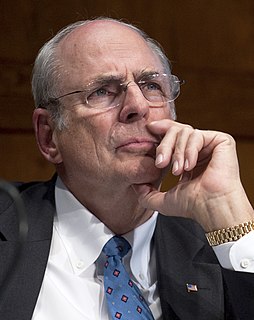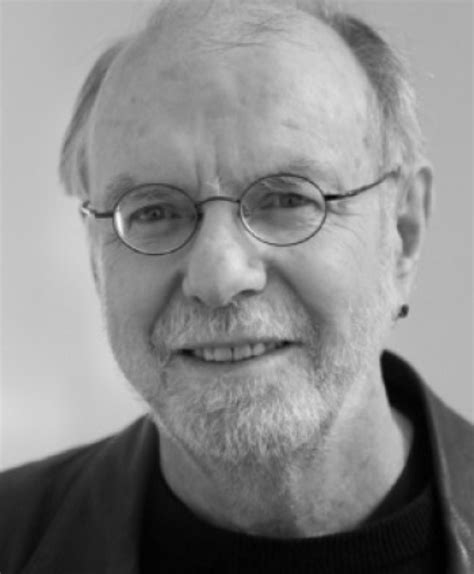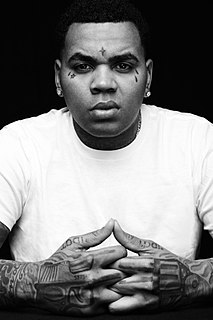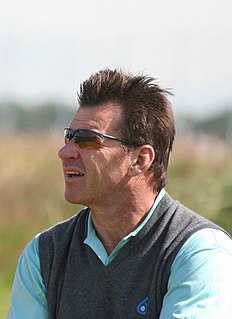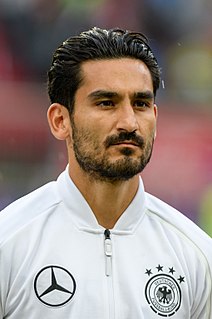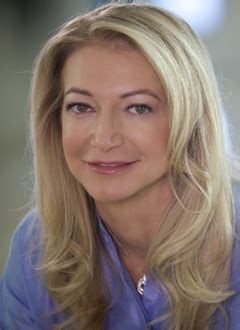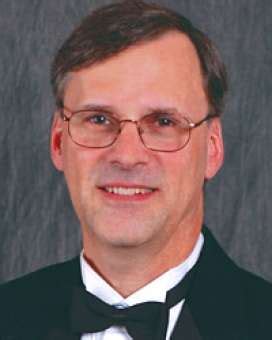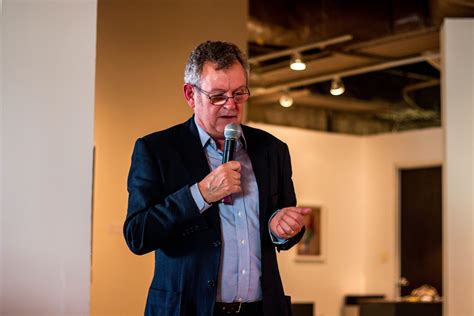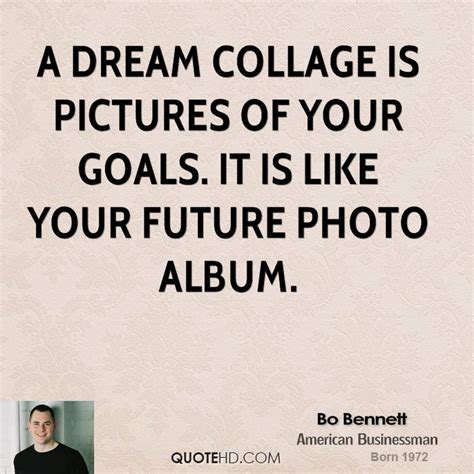Top 1200 Good Questions Quotes & Sayings - Page 4
Explore popular Good Questions quotes.
Last updated on April 21, 2025.
When people ask me what philosophy is, I say philosophy is what you do when
you don't know what the right questions are yet. Once you get the questions
right, then you go answer them, and that's typically not philosophy, that's
one science or another. Anywhere in life where you find that people aren't
quite sure what the right questions to ask are, what they're doing, then,
is philosophy.
Brothers and sisters, as good as our previous experience may be, if we stop asking questions, stop thinking, stop pondering, we can thwart the revelations of the Spirit. Remember, it was the questions young Joseph asked that opened the door for the restoration of all things. We can block the growth and knowledge our Heavenly Father intends for us. How often has the Holy Spirit tried to tell us something we needed to know but couldn't get past the massive iron gate of what we thought we already knew?
Objectivism is basically the same thing as faith-based science or for that matter faith-based foreign policy, where you start out with the assumption "We are good, they are evil," or "We know what is good and right and we know what is wrong," so all questions are settled in advance by a set of ideological prejudices.
I think it's very sad that CNN leads Jeb Bush, down a road by starting off virtually all the questions, "Mr. Trump this, Mister" - I think it's very sad. I watched the first debate, and the first long number of questions were, "Mr. Trump said this, Mr. Trump said that. Mr. Trump" - these poor guys - although, I must tell you, [Rick] Santorum, good guy. Governor [Mike] Huckabee, good guy. They were very nice, and I respect them greatly. But I thought it was very unfair that virtually the entire early portion of the debate was Trump this, Trump that, in order to get ratings, I guess.
Like all Xhosa children, I acquired knowledge mainly through observation. We were meant to learn through imitation and emulation, not through questions. When I first visited the homes of whites, I was often dumbfounded by the number and nature of questions that children asked of their parents-and their parents' unfailing willingness to answer them. In my household, questions were considered a nuisance; adults imparted information as they considered necessary.
I write first drafts with only the good angel on my shoulder, the voice that approves of everything I write. This voice does'nt ask questions like, Is this good? Is this a poem? Are you a poet? I keep this voice at a distance, letting only the good angel whisper to me: Trust yourself. You can't worry a poem into existence.


